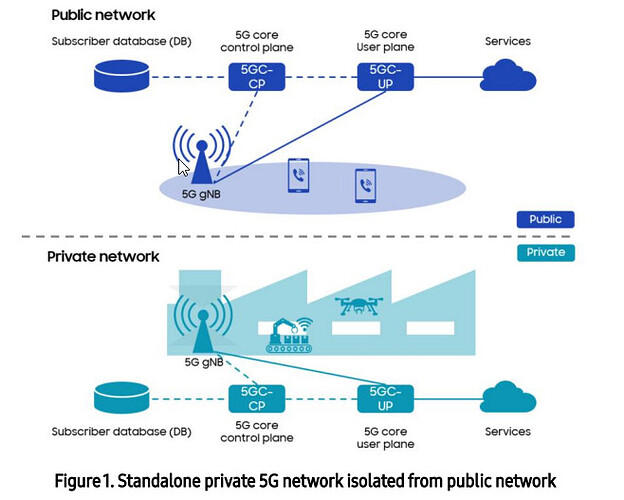Industries and businesses are undergoing an unprecedented digital transformation driven by the adoption of cloud-native applications and
services, internet of things (IoT), analytics, artificial intelligence (AI), augmented reality and blockchain. While the degree of implementation of
these technologies varies across each industry or business, one common factor stands true across the board -the need of mobility while providing
a fast and stable network.
A ‘private network’ is a corporate network that provides communication connections to users or devices belonging to a private enterprise or
organization, while offering specific application services tailored to each business needs. For industrial applications, the ability to design mobile
networks to meet the reliability, latency, and security requirements of critical applications is fundamental to the new wave of cyber-physical
systems known as Industry 4.0 – industrial IoT (IIoT). The stringent requirements of each industry cannot be met via traditional Ethernet or Wi-Fi,
which are technologies accepted across the industry. Wired Ethernet is economical and stable in terms of performance and quality but limited
in mobility since it is wired. Wi-Fi is easy to build and operate, but in terms of communication performance - such as connectivity distance, latency,
mobility, and security - it is not enough to meet the requirements for enterprise digital transformation.
Source:
